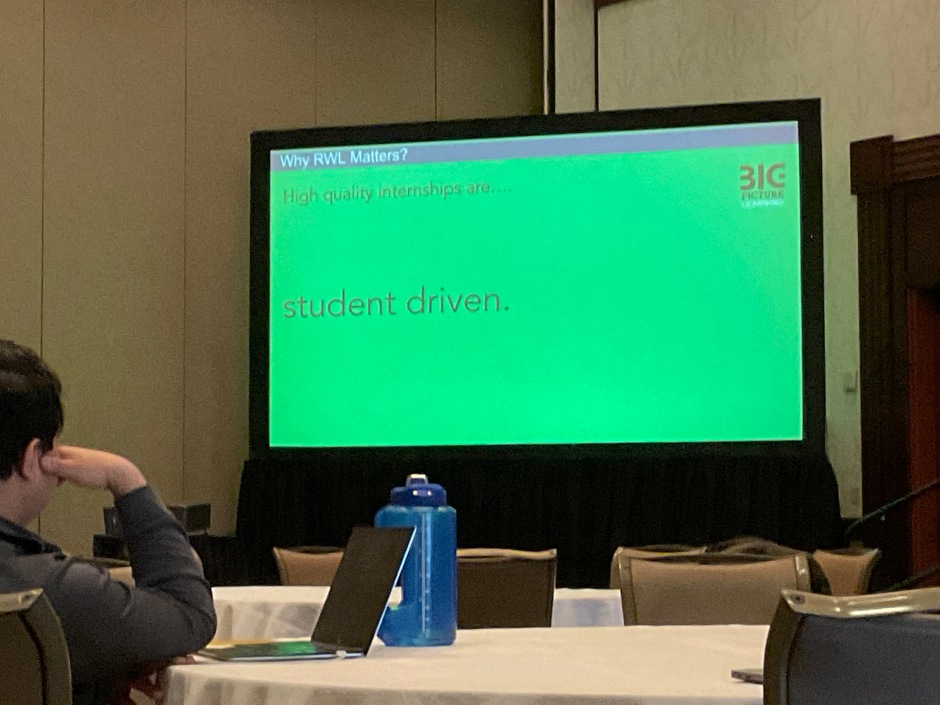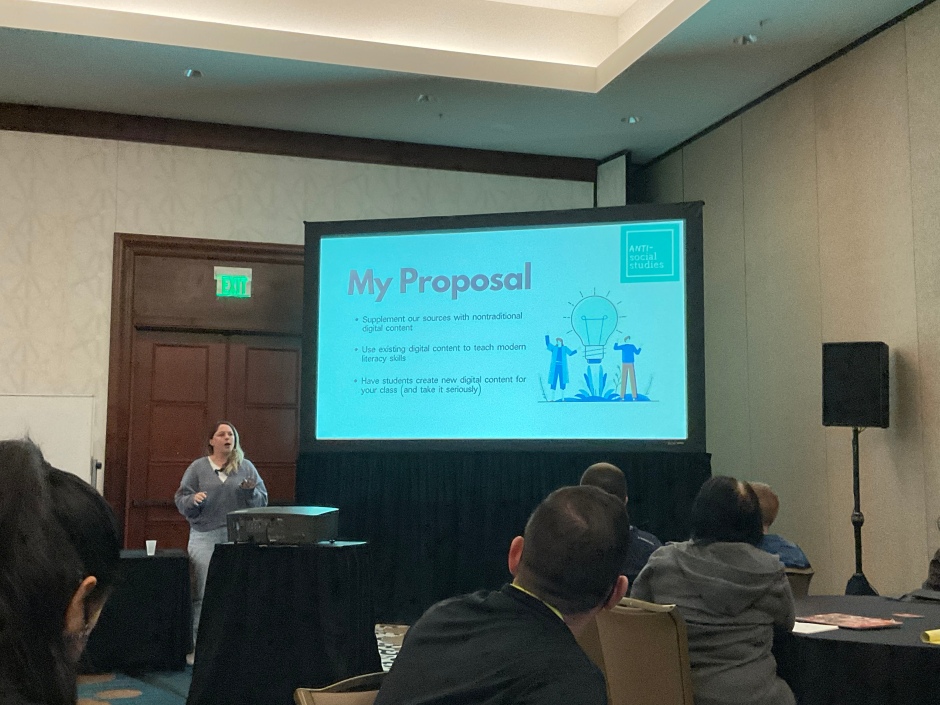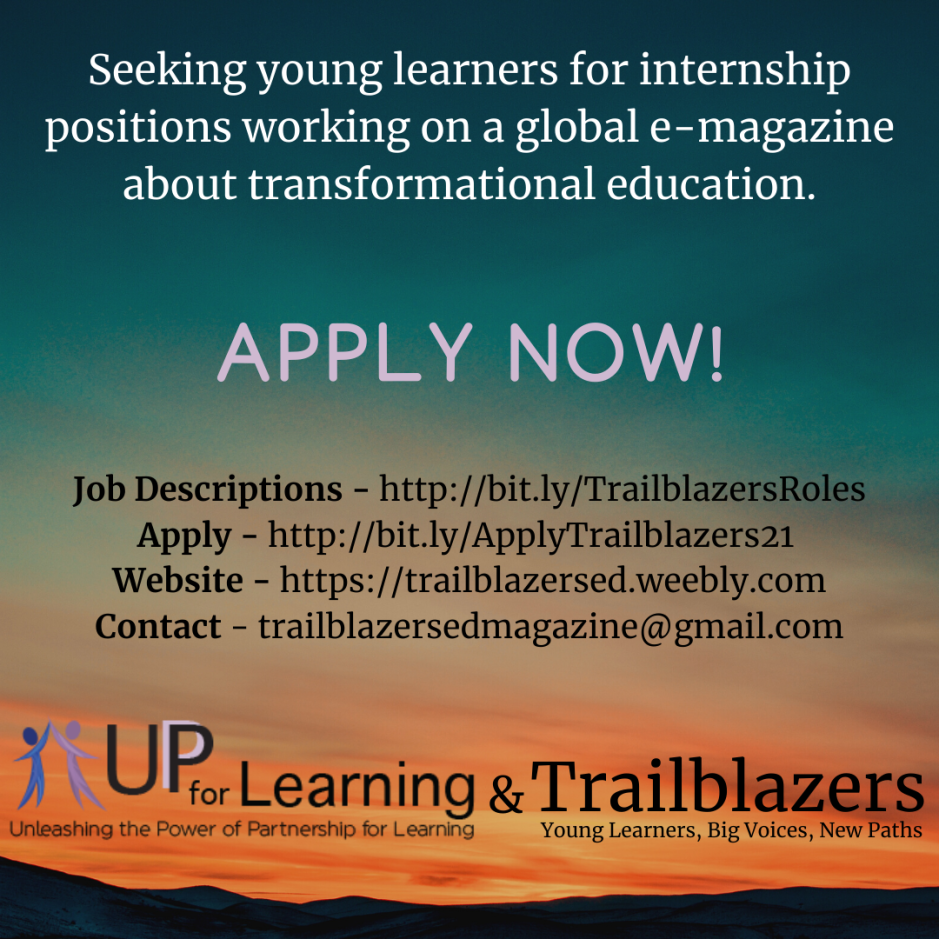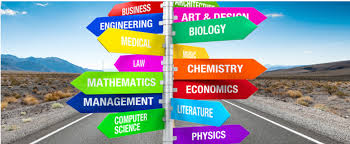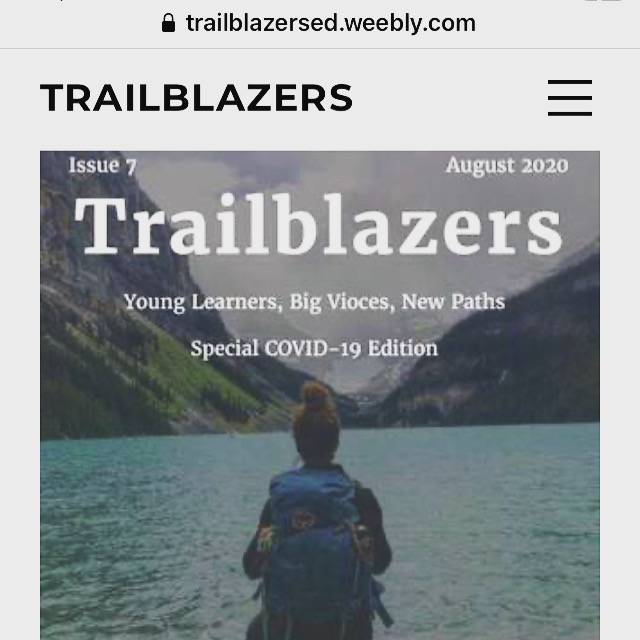It’s been two weeks since school started live and in person again. It’s been a crazy two weeks…
And it wasn’t crazy in the way most people have asked. Adults keep asking me, “Oh is it weird returning to a new normal? Are things crazy different then how you remembered? Is it strange to see people again?”
The answer to all of those questions is a resounding no. One of the crazy things is in fact that things feel so normal / familiar. I’m shocked by how many people are not wearing masks – students and professors. I’m shocked that there aren’t any procedures in place to maintain social distancing. I’m shocked that so many classes went right back to mandatory attendance policies.
The crazy thing about school has not been that everything is different or that we’re experiencing a new normal – the crazy thing is that some people are still trying to revert back to a normal that simply can’t keep existing.
Another reason this week has been crazy is because I’m having to re-learn the concept / pattern / habit (whatever you want to call it) of walking to different classes in a short amount of time.
It seems so silly, but I’ve talked to so many other students since school started who have all said the same thing: the hardest adjustment was learning how to walk again.
The process of school is so much more involved then I had ever thought about before: Remembering how to manage your time to account for different distances. Weighing the pros and cons of walking or waiting for a bus. The discomfort of getting to class out of breath, because even when you have plenty of time, you’re so much more paranoid about being late.
Which brings me to the third reason school has been crazy so far: anxiety.
I have no specific research to back up this claim — I could probably find one if I looked — but from my experience and observational data, I would argue general levels of anxiety have gone up exponentially since the pandemic.
I know in my own experience, I’ve definitely found myself incredibly more anxious in the past year.
I had a minor panic attack after going tubbing from being overwhelmed by not really knowing my surroundings and getting confused with directions to get food but then meet in a different location and how that whole process was working while the other adults went to park the cars. (Important to note though that I hate tubbing, but decided to do anyway with family, but had an even more awful time then expected because on top of not liking tubbing normally, my tube was slowly deflating as we went down the river, so I was getting stuck and beat up by rocks on the bottom far more than you should — all that to say, I was already not in a great mental state).
I also found myself having a hard time getting to sleep the first few nights in my apartment because I was having ptsd to being alone in New Zealand, despite knowing my family lives 20 minutes away from my apartment now.
Even little things like making it to class on time, making sure I’m understanding when all of my assignments are due, and feeling behind on making decisions for the year like what gymnastics meets we should attend have all been stressing me out more than normal. And this stress and anxiety also inhibits creativity and brain processing which has been super evident as I’ve struggled more than any prior year to develop gymnastics routines for this season.
And I’ve noticed this increase in anxiety not just from me, but from students of all ages. As a gymnastics coach I work with kids 3-16 for at least 12 hours a week and I’ve noticed we’ve had a lot more concerns about “having time to do homework,” questions upon questions clarifying event assignments, nerves about coming into practice, asking to leave practice because of “not feeling well” which after discussion is found to be anxiety driven. These amongst other observable traits all lead me to believe there has been a wide spread increase in anxiety. And our gym practices haven’t changed, so I don’t think it’s because of anything we’re doing differently.
At this point I feel like I need a disclaimer that I am currently doing fine and am very good at knowing myself and managing my anxiety. I write these examples not as some cry for help, but to give tangible evidence to support my hypothesis.
So what do we do with this? We observe increased rates of anxiety, which is honestly somewhat expected after living through one of the most uncertain and volatile years of our life, but what are we going to do about it?
As I said at the beginning of this post, from a students perspective, school feels to me like it’s trying to “go back to normal” and this simply won’t cut it.
For example, some of my professors have made it abundantly clear about how, “This is an in person class, so attendance is mandatory and will be tracked and contribute to your grade.” I truly think it’s ridiculous that after the year we just had we are going right back to required attendance. If you want students to show up in person don’t require attendance, make being present the more desirable option.
This past year we have proven that online lectures are very doable and in some ways more desirable; if you are just going to listen to a lecture, it’s a lot less stressful to just roll out of bed a bit later, stay in PJs, and listen in from the comfort of your bedroom rather than everything involved with going to an in person lecture. If I’m going to a class that is just going to involve being lectured at, there is 0 benefit to being in person vs online. I can send questions in the chat.
Now I understand from a teacher perspective that it’s really awkward to present to a ghost audience (when you can’t see anyone or hear little laughs). But rather than require attendance to make sure people show up, why not just design your class in a way that students actually want to show up…?
The classes that I don’t mind putting up with the extra stress of going in person are the ones that I know with have in class group work; games, challenges, projects, whatever it might be, actual human interaction is worth coming to class for, but just listening to someone talk for an hour really isn’t. I’d rather watch a video lecture at 2x speed then use that time for more meetings, completing work, or just doing something fun and creative.
After these first two weeks of crazy, I think I’m starting to get back into a flow with my schedule, but I’m deeply curious about what other realizations will come about this semester as we transition into this new future of education brought about by the pandemic. We are at a pivotal point where we must choose if we are going to move back to the familiar or more forward to the unknown. COVID times have been hard to say the least, but perhaps not all of the changes to education were so bad. While initially schools changed out of necessity, I hope schools now chose to take time to reflect on what changes could be worth keeping around.



